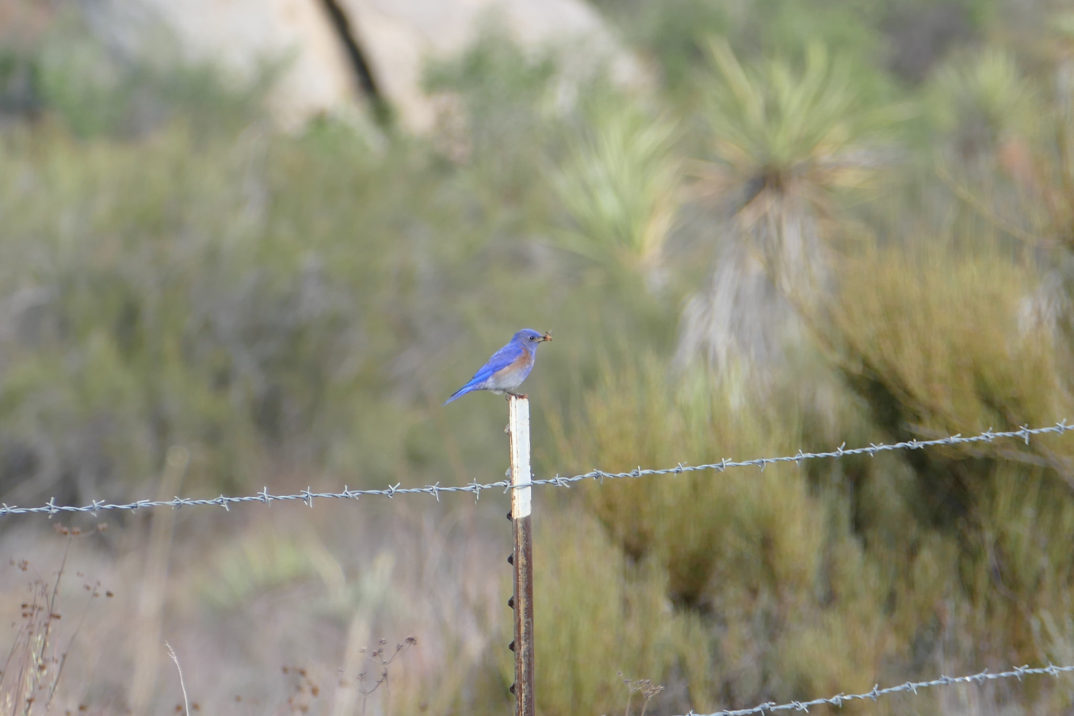Our world is vanishing in ways we do not always see or have pressing interest in, let alone regard as having moral or ethical consequence. Two recent studies in France have reported “catastrophic” declines in bird populations in the French countryside, with a total of one third of birds disappearing over the past 17 years and some species seeing declines of 50-90 percent. The culprit, according to researchers, is the large-scale use of pesticides in a once idyllic part of the world now dominated by industrial agriculture and monocultural farming practices (the growing of only one type of crop). We continue to be faced with the image of “silence” Rachel Carson provided us, in her seminal work on the ecological effects of chemical pesticides, in which “spring now comes unheralded by the return of the birds.” While the “indirect” harms that pesticides have on other creatures requires complex analysis, one effect of indiscriminate use is the large-scale destruction of avian food sources, forcing their starvation or migration elsewhere. Germany and France, another study in 2015 found as part of a larger European trend, have lost 80 percent of their flying-insect biomass over the past 30 years. The lesson is, or should be, that causality in nature does not stop where we want it to. Continue reading “Insecticidal Tendencies: Insects as Candidates for Ecological Ethics”

